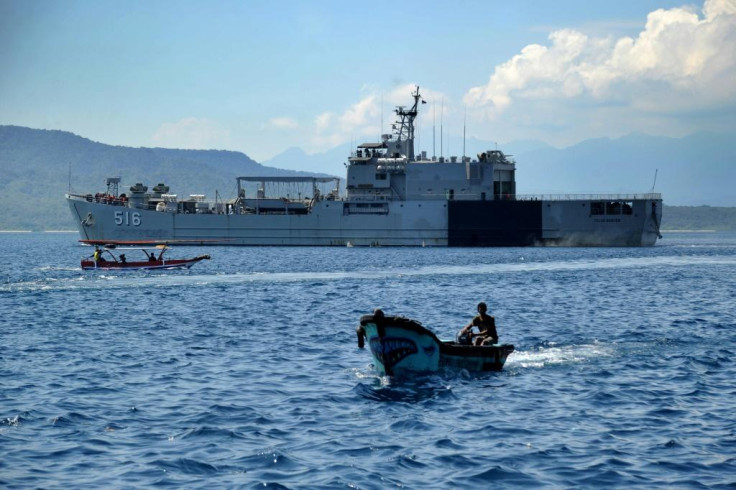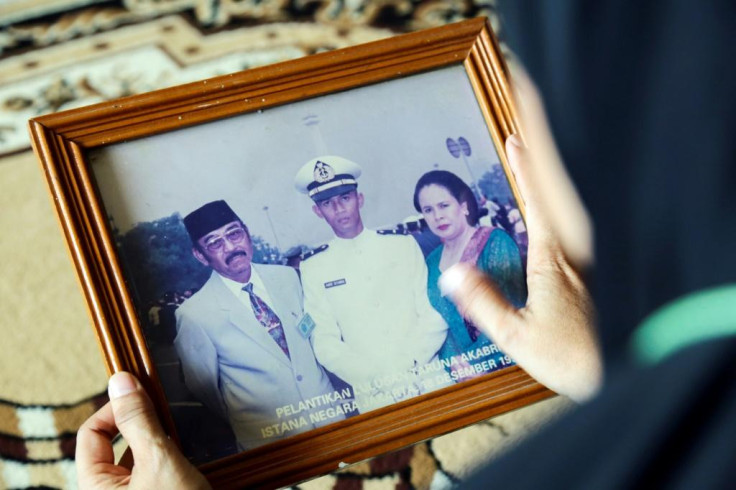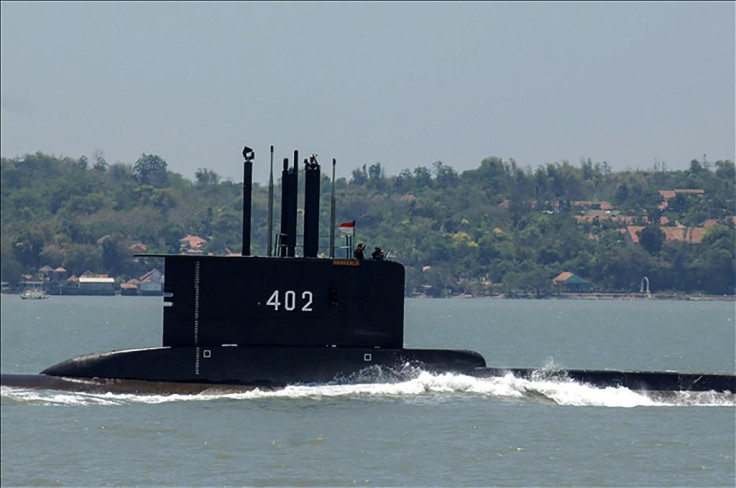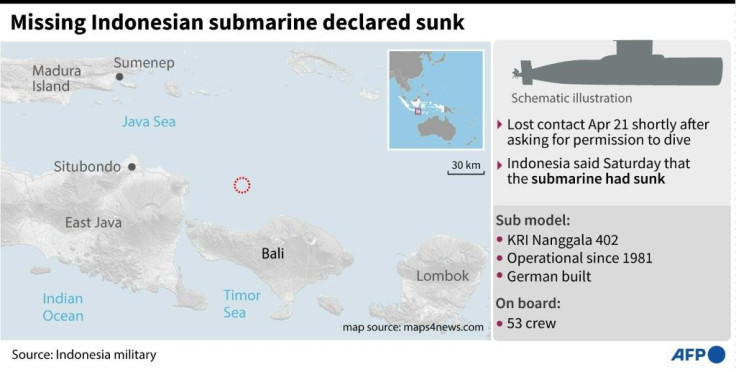Indonesia says missing submarine found, all 53 crew killed
The submarine -- one of five in Indonesia's fleet -- disappeared early Wednesday while it was scheduled to do live torpedo training exercises off Bali.
All 53 crew aboard an Indonesian submarine that disappeared last week were killed, the military said Sunday as it confirmed the vessel had been found in pieces on the seafloor.
Authorities said that they picked up signals early Sunday from a location more than 800 metres (2,600 feet) deep -- far below what the KRI Nanggala 402's steel hull was built to withstand.
They had used an underwater submarine rescue vehicle supplied by neighbouring Singapore to get visual confirmation of the stricken vessel.
"It was broken into three pieces," said Navy Chief of Staff Yudo Margono.
More parts from the doomed submarine were also retrieved, including an anchor and fluorescent orange safety suits for emergencies, authorities said.

The discovery comes a day after the navy had first confirmed the retrieval of fragments from the submarine and declared that it had sunk, effectively ending any chance of finding survivors.
Among the earlier items recovered were a piece of the torpedo system and a bottle of grease used to lubricate periscopes.
They also found a prayer mat commonly used in Indonesia, the world's most populous Muslim-majority nation.
Warships, planes and hundreds of military personnel had led a frantic search for the submarine since it disappeared this week during training exercises, hoping for a miracle rescue before its known oxygen reserves ran out.
But on Sunday, Indonesian military head Hadi Tjahjanto said there was no chance of finding any of the crew alive.

"With deep sadness, I can say that all 53 personnel onboard have passed," he told reporters.
Relatives of First Lieutenant Muhammad Imam Adi, a 29-year-old father of a young son, clung to hope earlier Sunday.
"My wish now is that my son and all the crew can be found," Adi's father Edy Sujianto said from his home on Java island.

"My son had wanted to become a soldier since he was a child. That was his dream."
President Joko Widodo described the sailors as Indonesia's "best patriots".
"All Indonesians convey their deep sadness over this incident, especially to the families of the submarine crew," he said.
Authorities have not given an explanation for the accident, but said that the submarine may have suffered a blackout that left its crew unable to resurface.
They discounted an explosion, however, saying Saturday that the evidence suggested the submarine came apart as it was crushed by massive water pressure in the vast depths.

"Submarine hulls are pressurised... but when they're breached then water would come flooding inside," said Wisnu Wardhana, a maritime expert at Indonesia's Sepuluh Nopember Institute of Technology.
"Can you imagine if water with that kind of pressure hits people?"
Retired French vice-admiral Jean-Louis Vichot earlier told AFP that a submarine's hull could collapse "like a folding accordion" if it hits depths way beyond its limits.
Any salvage operation would be risky and difficult, navy chief Margono said.
"We'll discuss it to make a decision on how to lift the submarine in this condition," he said Sunday.
"I want to lift it, but how do we bring it up from (these depths)?"
Neighbouring Malaysia, as well as the United States, India and Australia, were among the nations helping in the hunt.
Search vessels, reconnaissance aircraft and submarine rescue ships had been deployed to scour a zone of about 10 square nautical miles (34 square kilometres).
The submarine -- one of five in Indonesia's fleet -- disappeared early Wednesday while it was scheduled to do live torpedo training exercises off Bali.
The crew asked for permission to dive. It lost contact shortly after.
Later, search teams spotted an oil spill where the vessel was thought to have submerged, pointing to possible fuel-tank damage, and a catastrophic accident.
The submarine -- delivered to Indonesia in 1981 -- was seaworthy, the military said.
The model has been used by more than a dozen navies around the world.
But investigators would look at the Indonesian submarine's age as a potential factor, analysts have said.
The disaster was among a string of fatal submarine accidents over the past few decades.
Among the worst was the 2000 sinking of the Kursk, the pride of Russia's Northern Fleet.
That submarine was on manoeuvres in the Barents Sea when it sank with the loss of all 118 aboard. An inquiry found a torpedo had exploded, detonating all the others.
Most of its crew died instantly but some survived for several days before suffocating.
Copyright AFP. All rights reserved.
This article is copyrighted by International Business Times, the business news leader





















